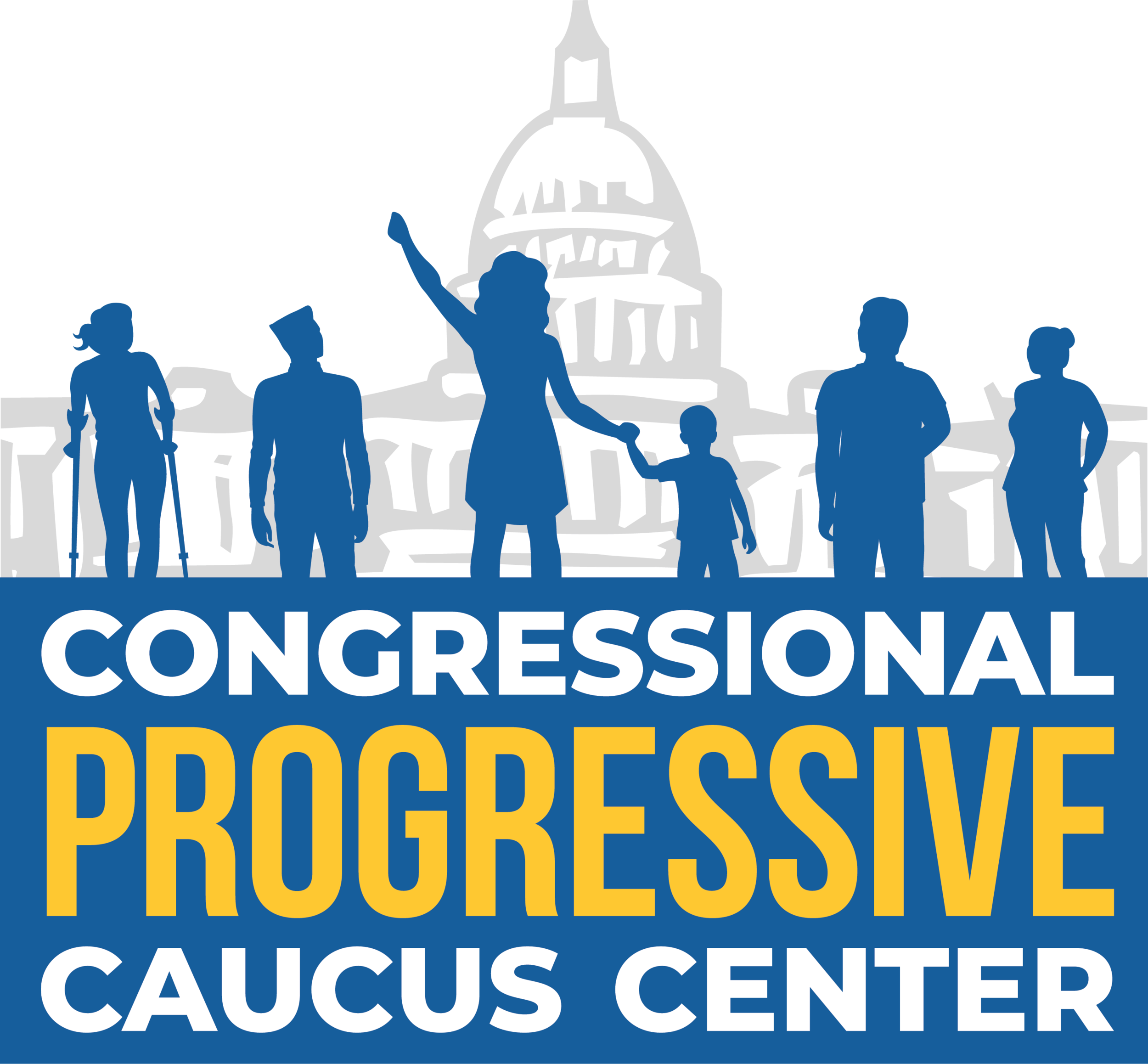Why the 14th Amendment Could Prevent Default
Updated May 18, 2023
Author: Catherine Rowland, Legislative Affairs Director (catherine@progressivecaucuscenter.org).
Recently, stakeholders inside and outside Congress have encouraged President Joe Biden to avoid a looming default on the United States’ debt by invoking the 14th Amendment to the U.S. Constitution. Section 4 of the 14th Amendment states: “The validity of the public debt of the United States…shall not be questioned.” Some experts argue that this clause allows the president to prevent default by ignoring the debt ceiling and continuing to fulfill the country’s financial obligations.
This fact sheet breaks down how the 14th Amendment relates to the debt ceiling and why it could provide an escape hatch as the U.S. inches closer to default.
Why Does the Post-Civil War 14th Amendment Talk about U.S. Debt?
Ratified in the Civil War’s aftermath, the 14th Amendment is perhaps best known for granting citizenship to every person born or naturalized in the U.S., including formerly enslaved people. It also guarantees them “equal protection” under the law, including in formerly Confederate states. Section 4 similarly offers a safeguard should Southern elected officials attempt to undermine the newly reunified U.S. The New York Times’ Jim Tankersley explains, “The United States had borrowed money to finance the Union army in the Civil War, and there was a worry that if Southern senators and representatives controlled Congress, they could just decide, ‘Oh, we’re not going to pay the people we borrowed money from for a war…against our own states.” Section 4, however, prevented any such sabotage by Confederate sympathizers by underscoring that the U.S. must pay its debts.
In today’s context, the president could instruct the Treasury Department to continue paying U.S. debts and direct other agencies to continue delivering benefits to the public in spite of the debt ceiling, with the argument that the 14th Amendment requires him to fulfill these obligations. However, since this has never happened, it is not possible to say with certainty exactly what invoking the 14th Amendment would look like in practice.
Why is the Debt Ceiling Debate Happening at All if the Constitution Requires the U.S. to Pay its Debts?
Congress has raised the debt ceiling hundreds of times since its genesis nearly a century ago. As a result, the president has not had to resort to invoking the 14th Amendment to avoid default—and, because this has not happened, the financial and legal consequences are not certain. Using the 14th Amendment could lead to the U.S. paying higher interest rates to borrow money, and whether the president can use the 14th Amendment to prevent default will almost certainly end up before the Supreme Court. Those legal battles could have further economic consequences depending on their results, but it is not possible to predict precisely what those might be. Nonetheless, these outcomes are preferable to default, which could wipe out $10 trillion of household wealth and would be comparable to the 2008 financial crisis, resulting in millions of job losses and a spike in unemployment.
Where Can I Learn More about Preventing Default?
For more information about the manufactured crisis surrounding the debt ceiling, please check out the CPC Center’s explainers on this topic:

